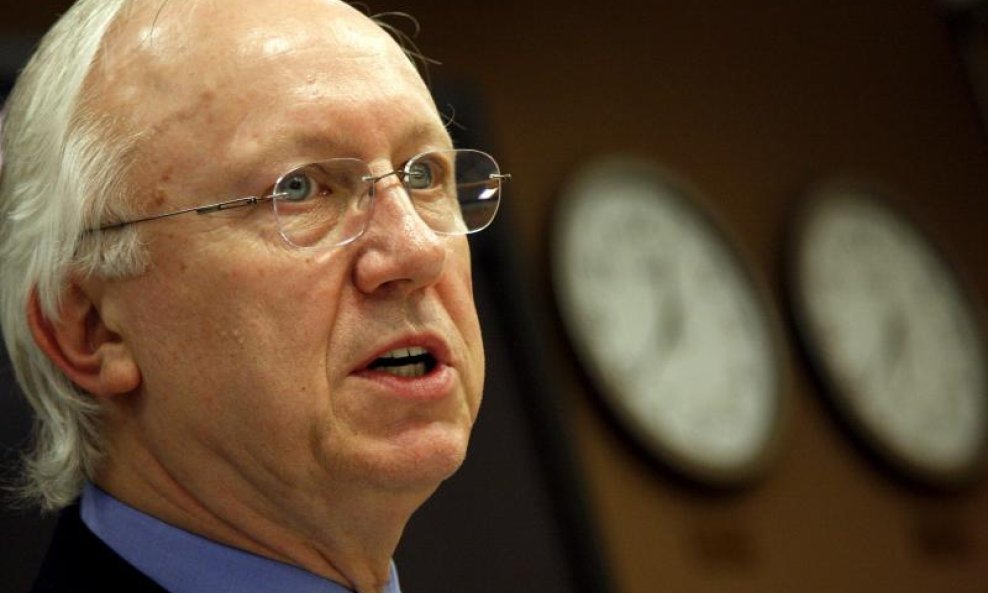Croatia is currently in a very deep recession, but its entry into the European Union will considerably increase its chances of receiving financial support and attracting investment, and the proper use of those funds may be crucial for the recovery of the Croatian economy, the World Bank Director for Central Europe and the Baltic Countries, Peter Harrold, said in Zagreb on Wednesday.
Harrold cited Bulgaria and Romania as countries that had had a lot of problems absorbing EU funds over the past years. Their governments have requested our assistance and that has paid off through the better use of funds -- both countries are expected to see a GDP rise of between 1.4 and 1.5 per cent, and they owe half of that growth to the improved use of EU funds, Harrold said.
This is not a trivial, but very important matter in times when government spending or exports cannot be a source of growth, so EU funds can be an important source for the economic recovery of Croatia, he noted.
The World Bank was slightly surprised by the depth of the fall of Croatian industrial output, which plunged by 9.4 per cent in April year on year, but was not surprised by the fall itself.
Harrold said that there were three reasons for the decline: the harshest winter in southeastern Europe in many years, the crisis in the EU that had reduced demand, and specific Croatian problems relating to the transition of government after elections.
A large part of the Croatian economy is linked to the government, and at the time of the transition of power a lot of economic activities slowed down. For some time there was no one in the government to sign cheques, which slowed all activities for two or three months, the World Bank official said.
Under normal circumstances, the next quarter should bring an economic recovery, because such a steep decline at the start of the year does not mean that negative trends will last throughout the year, but weak demand in the EU will continue into the months that follow, he warned.
Harrold avoided giving an explicit assessment of the government's economic policy, saying that the government's measures were obviously good because it wanted to reduce the deficit and redirect spending, stimulate growth and employment, and kick-start investment.
Harrold said that the reform processes were also accompanied by some unpleasant things, such as cost cutting and reduction of benefits, which he said was affecting the interests of many groups. It is very important that the government should do it as soon as possible, at the beginning of its term in office, he added.
We hope to see by the end of the year decisive action by the government in other areas as well, such as structural reforms, introducing flexibility in the labour market or changes to the tax system that will shift the tax burden from labour to property, the World Bank official said.
































